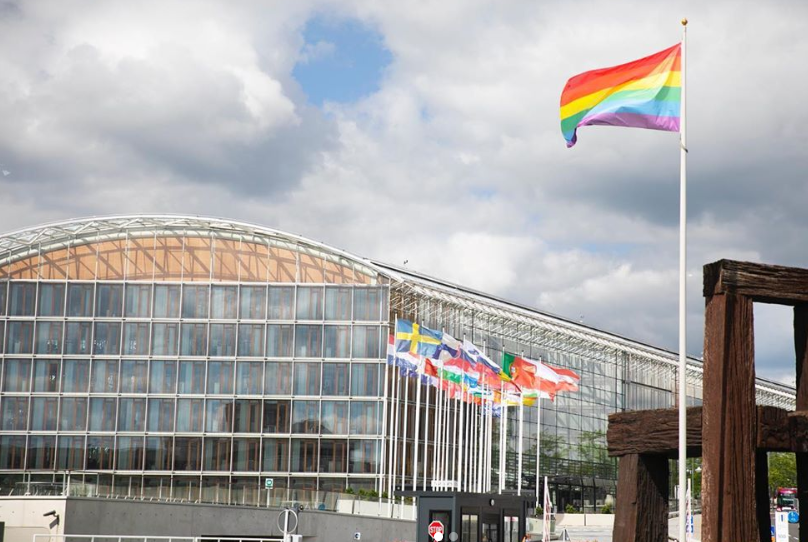EIB Finances Major Overhaul of Lyceum in Pryvovchanske, Ukraine

- Country:
- Ukraine
The lyceum in the village of Pryvovchanske, Dnipropetrovsk Oblast, has reopened after extensive renovations financed under the Ukraine Early Recovery Programme (UERP), supported by the European Investment Bank (EIB). This initiative aims to improve educational infrastructure and promote inclusive, high-quality learning environments for Ukrainian children.
Key Highlights of the Project:
1. Enhanced Capacity and Facilities:
The renovated lyceum is set to accommodate nearly 200 students from Pryvovchanske and Malooleksandrivka.
Major upgrades include a revamped exterior and interior, a new bomb shelter, and improved water, wastewater, heating, plumbing, lighting, and electrical systems.
Ramps have been installed to ensure barrier-free access, fostering an inclusive environment for students with disabilities.
2. Financial Backing and Local Contributions:
The project received a €630,000 loan from the EIB, with an additional €180,000 contributed from the local budget.
This financial support underscores the commitment to rebuilding and enhancing educational infrastructure in war-affected regions.
3. Collaborative Effort:
The project is part of the Ukraine Early Recovery Programme, a collaboration between the European Union, the EIB, Ukraine’s Ministry for Communities, Territories and Infrastructure Development, the Ministry of Finance, the Dnipropetrovsk Regional State Administration, the Pavlohrad District Military Administration, and the United Nations Development Programme (UNDP) Ukraine.
4. Broader Recovery Initiatives:
In Dnipropetrovsk Oblast, 26 recovery projects are underway, including ten schools, twelve hospitals, one administrative building, and three water and wastewater plants. Four subprojects have been completed, with others in various stages of construction.
These efforts are part of the larger Ukraine Recovery Programme (URP), aimed at rebuilding critical infrastructure and enhancing living conditions in affected areas.
Statements from Key Figures:
Vasyl Shkurakov, Acting Minister for Communities, Territories and Infrastructure Development: Highlighted the dedication and teamwork involved in the EIB’s recovery programmes and emphasized the importance of ensuring a better future for children affected by the war.
Serhii Marchenko, Minister of Finance of Ukraine: Stressed the impact of efficient cooperation with the EIB and the EU, noting significant progress in restoring educational and healthcare facilities across Ukraine.
Denys Ryapalov, Acting Head of Pavlohrad District Military Administration: Expressed gratitude for the support in enhancing the educational environment in small Ukrainian communities.
Oleh Chupryna, Head of Troitske Village Council: Celebrated the provision of a modern, inclusive learning environment for children in Pryvovchanske and Malooleksandrivka, thanks to the support of European and UN partners.
Teresa Czerwińska, EIB Vice-President: Reaffirmed the EIB’s commitment to supporting Ukrainian communities and improving lives through the recovery of social infrastructure.
Katarína Mathernová, Ambassador of the European Union to Ukraine: Highlighted the long-term partnership and support for rebuilding Ukrainian communities, emphasizing the importance of investing in education.
Jaco Cilliers, UNDP Resident Representative to Ukraine: Acknowledged the significant milestone in strengthening Ukraine’s educational infrastructure through collaborative efforts.
The reopening of the lyceum in Pryvovchanske is a testament to the collective efforts of international and local partners in rebuilding and enhancing the educational landscape in Ukraine, despite the ongoing challenges posed by conflict. This project not only provides immediate benefits to the students and community but also represents a step towards a more resilient and inclusive future for the region.










